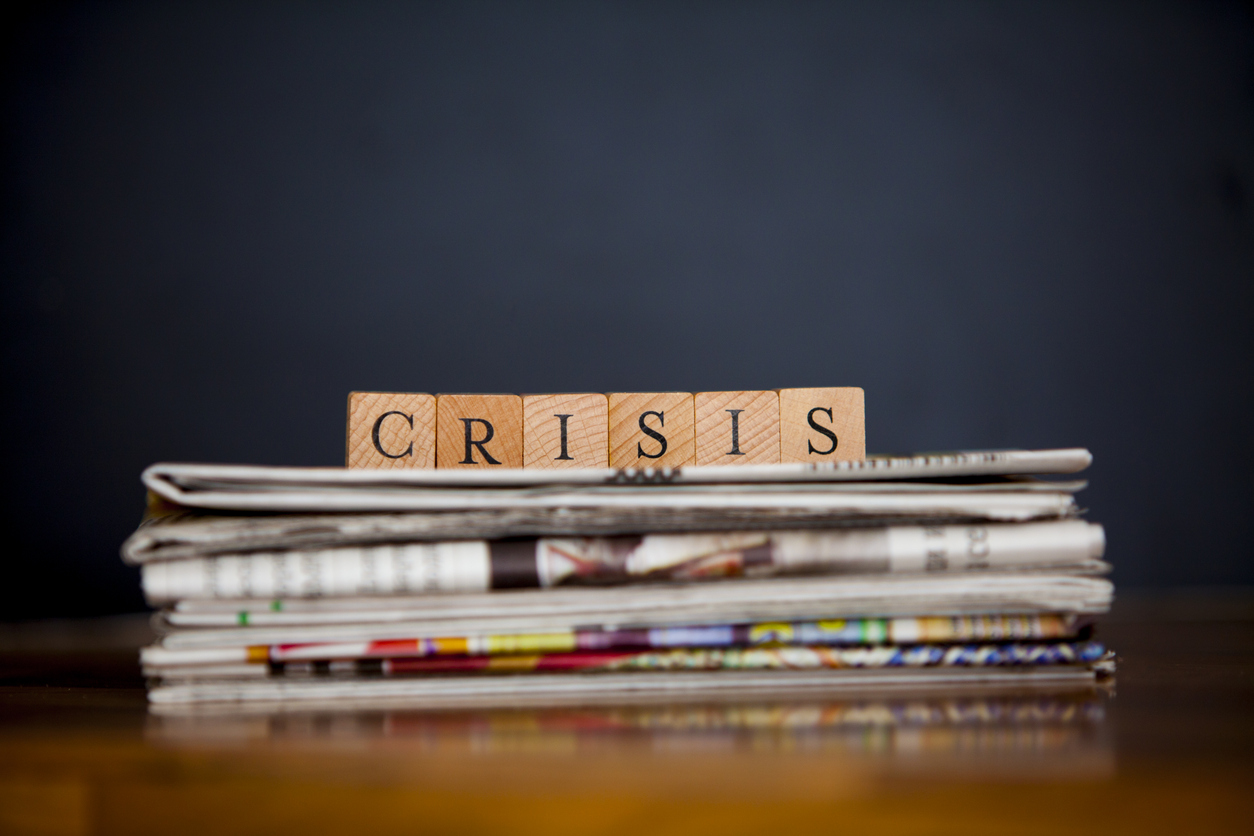In defense of crisis communications amid the Lively/Baldoni mess
It’s time to be clear about what is and what isn’t crisis communications.

Meghan Tisinger is managing director at Leidar.
The media narrative around the Blake Lively allegations and lawsuit has created a serious misconception around “crisis communications,” wrongfully portraying the crisis PR industry as enablers of dishonesty and spin.
Equating the alleged “smear campaign” against the actress with legitimate and essential crisis management communications is patently wrong, and the characterization of those carrying out this campaign against her as “crisis counselors” is completely misleading.
Crisis PR is about expressing truth based on fact and restoring trust through transparent and honest discourse and information sharing. As the late Richard Levick, a pioneer in the field and CEO of Levick Strategic Communications, once said, “In a crisis, the most important thing is to communicate the truth, even if it is uncomfortable.”
This is the reality of crisis communications. It’s about acting responsibly to protect reputations, rebuild trust and guide organizations or individuals through adversity.
Coverage of this lawsuit has implied that a “crisis communications firm” has been retained to carry out the alleged campaign to disparage Lively and impugn her reputation. Regardless of who’s right or who’s wrong and how the facts sort out, no one involved should be classified in the same category as legitimate crisis counselors.
Crisis PR practitioners specialize in mitigating reputational damage and ensuring that narratives don’t spiral out of control in today’s 24/7 news cycle across hundreds of online channels. They step in during moments of unexpected adversity, such as corporate scandals, environmental disasters, cybersecurity breaches or false allegations against individuals.
The ultimate goal isn’t to fabricate stories but to advocate for fairness, contextualize events and restore credibility. It is not some shadowy practice of manipulating facts, creating false narratives and promoting so-called “cancel culture.” False narratives can irreparably damage reputations in today’s fast-paced media and online landscape. The true nature of crisis communication is far removed from the accusations of manipulating public perception. Crisis communication encourages companies to openly address mistakes and take action to remediate them.
When Tylenol faced a product tampering crisis in the 1980s, the company’s transparency and quick action — led by a crisis communications team — are now considered a textbook case of reputation recovery. They recalled products, worked with law enforcement and communicated openly, earning public trust and rebuilding their brand.
After the 2010 BP Deepwater Horizon oil spill, BP faced widespread backlash for its slow and mismanaged response. Crisis communications professionals later helped reshape BP’s public-facing strategy, prioritizing accountability and a focus on future environmental safety improvements.
When Equifax suffered a data breach in 2017, their initial silence worsened public distrust. Later efforts by crisis PR professionals emphasized transparency, paving the way for better security measures and regaining the customer trust they had lost.
There is some trust that crisis counselors do support celebrities and public figures who are scrutinized intensely by legitimate media and influencers. They often have to deal with reputational challenges that impact their brand and their very livelihoods.
Robert Downey Jr., Hugh Grant, Kobe Bryant and Martha Stewart have all faced public backlash and/or litigation. They rebuilt their reputation with effective PR repositioning and told their stories openly so they could restore trust and confidence in their personal brands.
Blake Lively’s legal battle highlights why crisis PR is desperately needed. It is a reminder that skilled crisis communications professionals are not a luxury but a necessity to protect reputations and rebuild trust when an organization or individual is facing adversity. While Lively had the resources to fight back, not everyone is so fortunate. For individuals and businesses alike, having a team of crisis communications experts is often the difference between permanent reputational harm and recovery.
The job of a crisis communications professional is to provide guidance, transparency, and a steady hand, ensuring that truth prevails, trust is rebuilt and clients can navigate their challenges with integrity and resilience. The public and especially the news media should never conflate these professionals with those characters who spread narratives based on falsehoods and innuendo in order to harm others.






